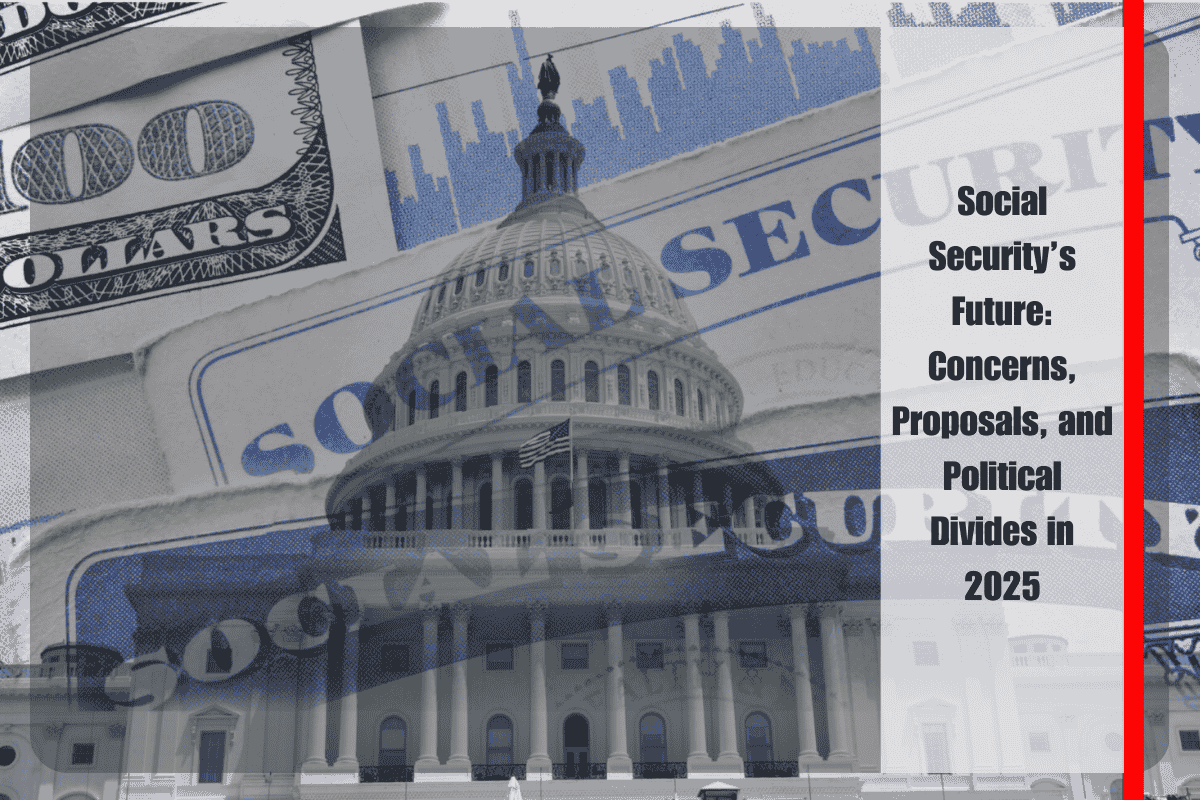In a historic move, the Social Security Administration (SSA) celebrated the passage of President Donald Trump’s One Big Beautiful Bill Act, which is being hailed as landmark reform aimed at providing tax relief to millions of older Americans. The bill, which narrowly passed Congress with a 218-214 vote in the House, is set for Trump’s signing ceremony at the White House. This legislation promises to significantly impact Social Security taxation, making it the most substantial change in decades.
Major Changes to Social Security Taxation
Social Security Commissioner Frank Bisignano emphasized the importance of the legislation, highlighting that nearly 90% of Social Security recipients will no longer face income tax obligations on their benefits. This is a key part of Trump’s campaign promise to protect Social Security and ensure that seniors enjoy their hard-earned retirement benefits. The announcement underscores the long-standing concerns of retirees and advocacy groups who have argued that taxing Social Security benefits placed an unfair burden on seniors already struggling with rising costs of living.
Targeted Deduction System
While Trump’s original campaign promise was to completely eliminate taxes on Social Security benefits, the final version of the bill introduces a more nuanced targeted deduction system. The bill creates a $6,000 tax deduction for individuals aged 65 and older, with incomes up to $75,000. For married couples filing jointly, this threshold rises to $150,000. The deduction gradually phases out for higher-income seniors, completely disappearing for individuals earning more than $175,000 and couples earning above $250,000.
This graduated approach ensures that the tax relief is primarily focused on moderate-income seniors, while still generating some tax revenue from wealthier retirees who may have additional income sources beyond Social Security. The White House has confirmed that approximately 51.4 million seniors, or 88% of Social Security beneficiaries, will be able to eliminate taxes on their Social Security income under the new rules.
Temporary Nature of the Tax Relief
Although the new tax relief will help millions, it’s important to note that the deduction is temporary, expiring after 2028 unless Congress passes additional legislation to extend it. Critics have expressed concern about the short-term nature of the changes, arguing that seniors should receive permanent relief from Social Security taxation, especially those earning under $100,000 annually.
Political Controversy and Fiscal Impact
While many seniors and advocacy groups have welcomed the tax relief, the bill’s broader fiscal implications have sparked controversy. The bill includes significant cuts to Medicaid and other low-income assistance programs, which have drawn sharp criticism from Democratic lawmakers. Critics argue that the cuts could harm essential safety net programs that millions of Americans depend on for basic healthcare and nutrition support.
The Congressional Budget Office estimates that the overall bill will generate an additional $3.3 trillion in deficit spending over the next decade, raising concerns about the long-term sustainability of the federal budget. This has led to tensions between supporters of the tax cuts, who argue that seniors need immediate relief, and fiscal conservatives, who worry about the impact on national debt.
Mixed Reactions from Tax Professionals
Tax professionals have expressed a mix of reactions to the temporary nature of the legislation. While some have welcomed the relief, others argue that it should be made permanent. Financial experts suggest that seniors earning less than $100,000 annually should be permanently exempt from Social Security taxation, as the current tax system fails to adequately reflect modern retirement income patterns.
Implementation Timeline and Future Considerations
Trump’s signing ceremony will formally enact the legislation, with the new Social Security tax deduction provisions set to take effect starting with the 2026 tax year. This provides seniors and tax preparers enough time to adjust their financial strategies and understand the new deduction calculations.
However, the three-year duration of the tax relief, ending in 2028, means that future Congresses will need to address the potential extension or modification of these deductions. This timeline could coincide with the next presidential election cycle, making Social Security taxation a key issue for candidates seeking to attract senior voters.
While the One Big Beautiful Bill Act is a win for many seniors, it also raises important questions about the future of Social Security taxation and the long-term implications of federal deficit spending. The new targeted tax relief is a step in the right direction, but the temporary nature of the legislation leaves uncertainty for future retirement planning. As seniors approach eligibility, they may need to consider delaying their Social Security claims to take full advantage of the favorable tax treatment starting in 2026.












